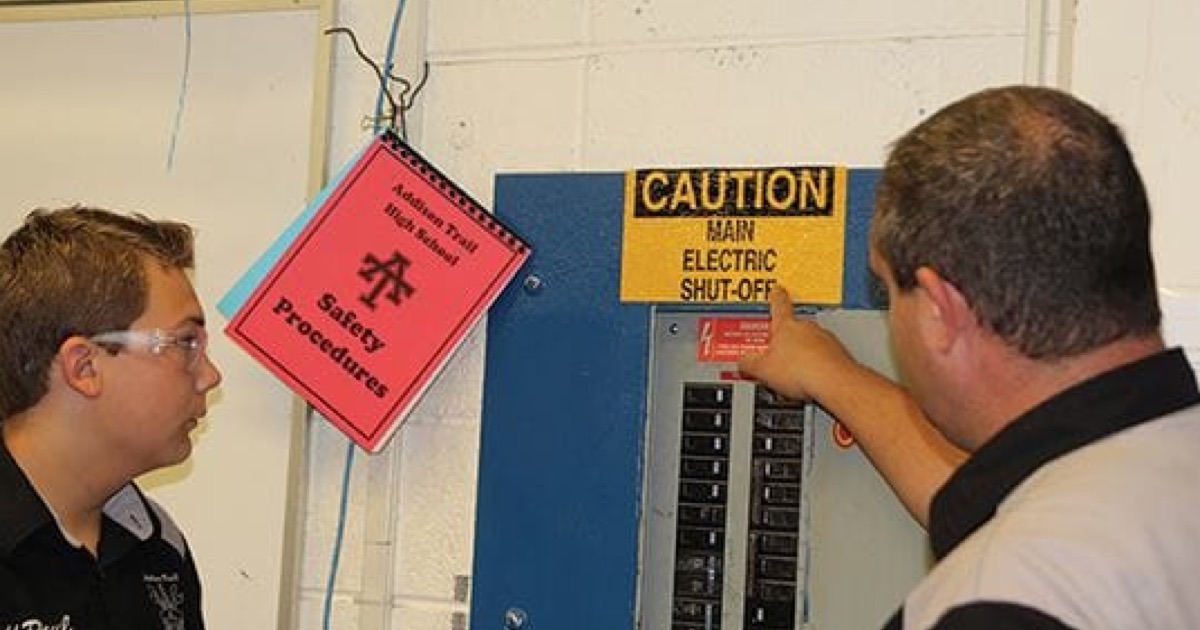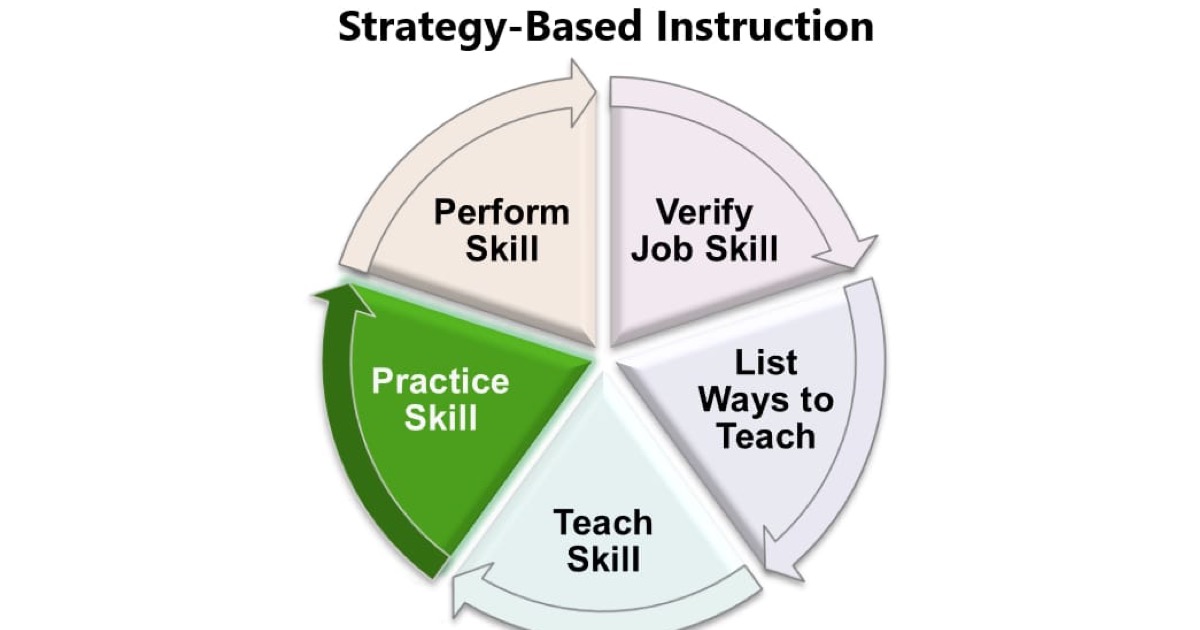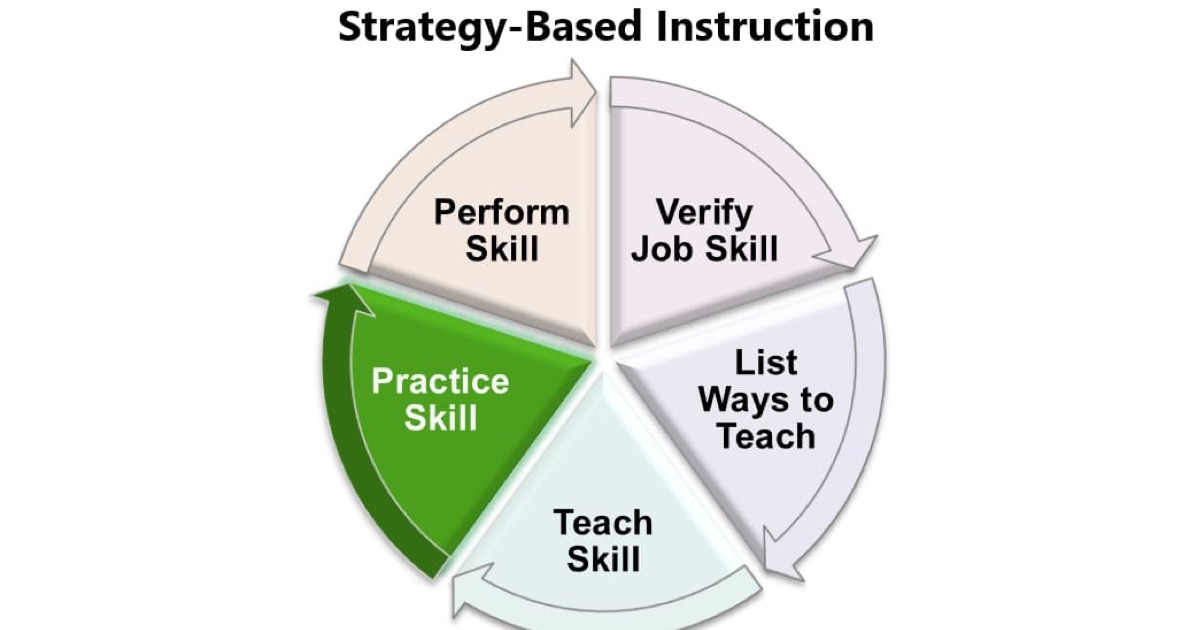-

Shop Safety: Are Your Students Prepared to Handle Accidents?
In the previous post on teaching students about shop safety, we discussed how to reinforce safety practices around vehicle lifts. -
-1.jpg?sfvrsn=945d81cf_2)
How to Reinforce Vehicle Lift Safety with Students
Safety. It’s not the most exciting subject in the automotive classroom, but it’s certainly one of the most important. -
.jpg?sfvrsn=8cee441b_2)
5 Ways to Help Your Students Prepare for Tests
Students hate taking tests and instructors hate grading them. So why should you spend more time than necessary dealing with testing? -

Strategy-Based Instruction: Are Your Students Ready for Work?
Over the course of our strategy-based instruction series, we’ve verified the skills students need and the best options for teaching them. -

Strategy-Based Instruction: How to Help Students Practice
In the previous post in our strategy-based instruction blog series, we walked through some best practices for coaching students to help them learn more effectively. -
.jpg?sfvrsn=2123483b_2)
Strategy-Based Instruction Series: How to Coach Your Students
During the previous parts of our strategy-based instruction series, you’ve established that your customer is the employer and verified the skills your students need to learn. -
.jpg?sfvrsn=6a3c84a0_2)
Strategy-Based Instruction Series: What’s the Best Way to Teach?
In the first two parts of our strategy-based instruction blog series, we explained the basis of this teaching method and explored how to verify the job skills that students need before entering the workforce. -
.jpg?sfvrsn=df2dfe40_2)
Strategy-Based Instruction Series: What Skills Do Students Need?
In part one of the strategy-based instruction series, we talked about the basics of this technique. We also noted how, when it comes to education, the employer is the customer, not the student. -
.jpg?sfvrsn=9dd45b82_2)
Strategy-Based Instruction Series: Getting Started
When did you first become an automotive or diesel instructor? -

Supporting Automotive Education: 7 Organizations You Should Know About
When it comes to supporting automotive programs, students, and instructors, it’s easy enough to think of large foundations, such as the ASE Family of Organizations.